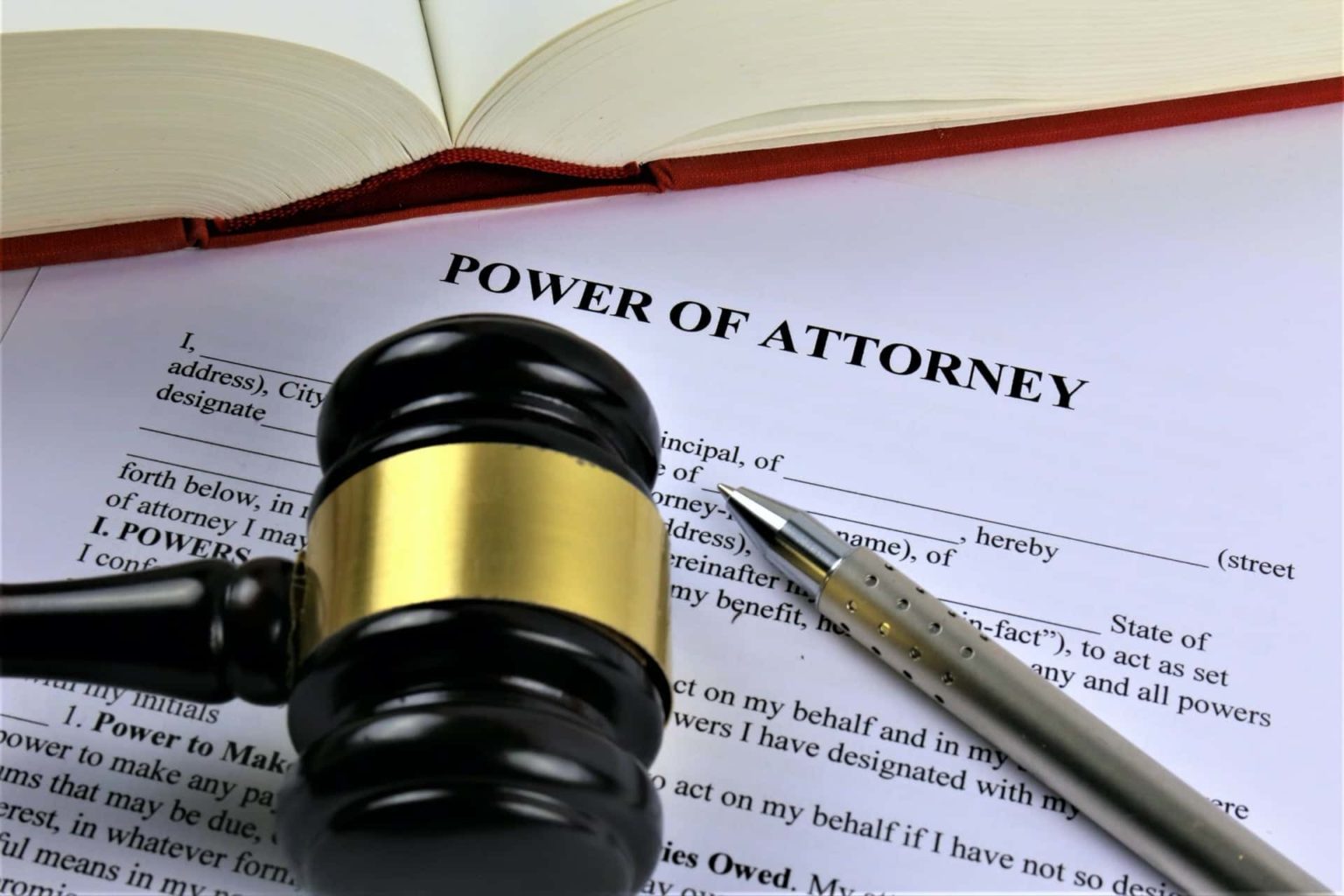How to Obtain Power of Attorney
Acquiring power of attorney (POA) is a significant legal step that allows someone to act on your behalf regarding financial, medical, or legal matters. It’s a crucial document that grants authority to another person, known as an agent or attorney-in-fact, to make decisions on your behalf if you become unable to do so yourself. Understanding how to get power of attorney in Alabama is essential for ensuring your wishes are followed and your affairs are managed effectively, especially during times of incapacity or absence.
Obtaining power of attorney (POA) is a significant legal step, and it’s crucial to proceed with careful consideration and attention to detail. Seeking legal advice from an attorney can ensure that your POA document complies with state laws and addresses your specific needs. Alternatives like durable POA for healthcare or financial matters should be explored for additional protection.
Regular updates to the document are essential to reflect changes in circumstances accurately. Effective communication with your chosen agent and informing relevant parties about the document are critical steps. When obtaining POA, it’s important to choose a trustworthy and competent agent, fully understand the powers granted, and ensure proper execution of the document according to state requirements.
Avoiding common pitfalls such as neglecting updates, choosing the wrong agent, or failing to seek legal advice can help safeguard your interests and ensure the validity of your POA document.
Understanding Powers of Attorney in Alabama
In Alabama, powers of attorney are governed by state law, specifically the Alabama Uniform Power of Attorney Act. This legislation outlines the rules and requirements for creating and executing a power of attorney document. Understanding these laws is crucial to ensure your POA is valid and enforceable.
A power of attorney can be broad or limited in scope, depending on your preferences and needs. It can grant authority over financial matters, healthcare decisions, property management, and more. Before proceeding, it’s important to consider the specific powers you want to grant to your chosen agent.
Requirements to Get Power of Attorney
To obtain power of attorney in Alabama, certain requirements must be met:
Legal Capacity: You must be of sound mind and legal age (18 years or older) to create a power of attorney document. This ensures that you understand the implications of granting someone else authority over your affairs.
Clear Intent: You must have a clear intention to grant power of attorney to another individual. This intent should be documented in writing and expressed in a legally binding manner.
Appropriate Form: The power of attorney document must be in writing and comply with Alabama state law. It should clearly outline the powers granted to the agent and any limitations or conditions associated with those powers.
Witnesses and Notarization: In Alabama, a power of attorney document must be signed by the principal (the person granting authority) in the presence of two witnesses who are not related to the principal or named as beneficiaries in the document. Additionally, the document may need to be notarized for validity.
Agent Acceptance: The chosen agent must be willing to accept the responsibilities of acting on behalf of the principal. It’s important to discuss the role with the potential agent beforehand to ensure they understand and are willing to fulfill their duties.
Important Steps to Get Power of Attorney in Alabama
Determine Your Needs: Identify the specific powers you want to grant to your agent and any limitations or conditions you wish to impose.
Choose Your Agent: Select a trusted individual to act as your agent. This person should be reliable, responsible, and capable of making decisions in your best interests.
Draft the Document: Prepare a power of attorney document that clearly outlines the powers granted to your agent, any limitations or conditions, and other relevant details.
Sign the Document: Sign the power of attorney document in the presence of two witnesses who are not related to you or named as beneficiaries in the document. Depending on the circumstances, you may also need to have the document notarized.
Inform Relevant Parties: Notify relevant parties, such as financial institutions, healthcare providers, and legal advisors, about the existence of the power of attorney document and provide them with a copy if necessary.
Review and Update as Needed: Periodically review your power of attorney document to ensure it still reflects your wishes and circumstances. Update it as needed to account for any changes in your life or preferences.
Final Words
Obtaining power of attorney is an important step in planning for the future and ensuring your affairs are managed according to your wishes. By understanding the requirements and following the necessary steps, you can create a valid and enforceable power of attorney document that provides you with peace of mind and protection. If you have any questions or concerns about the process, consider consulting with The Law Office of Brenton C. Williams. They can provide guidance and assistance tailored to your specific situation.


